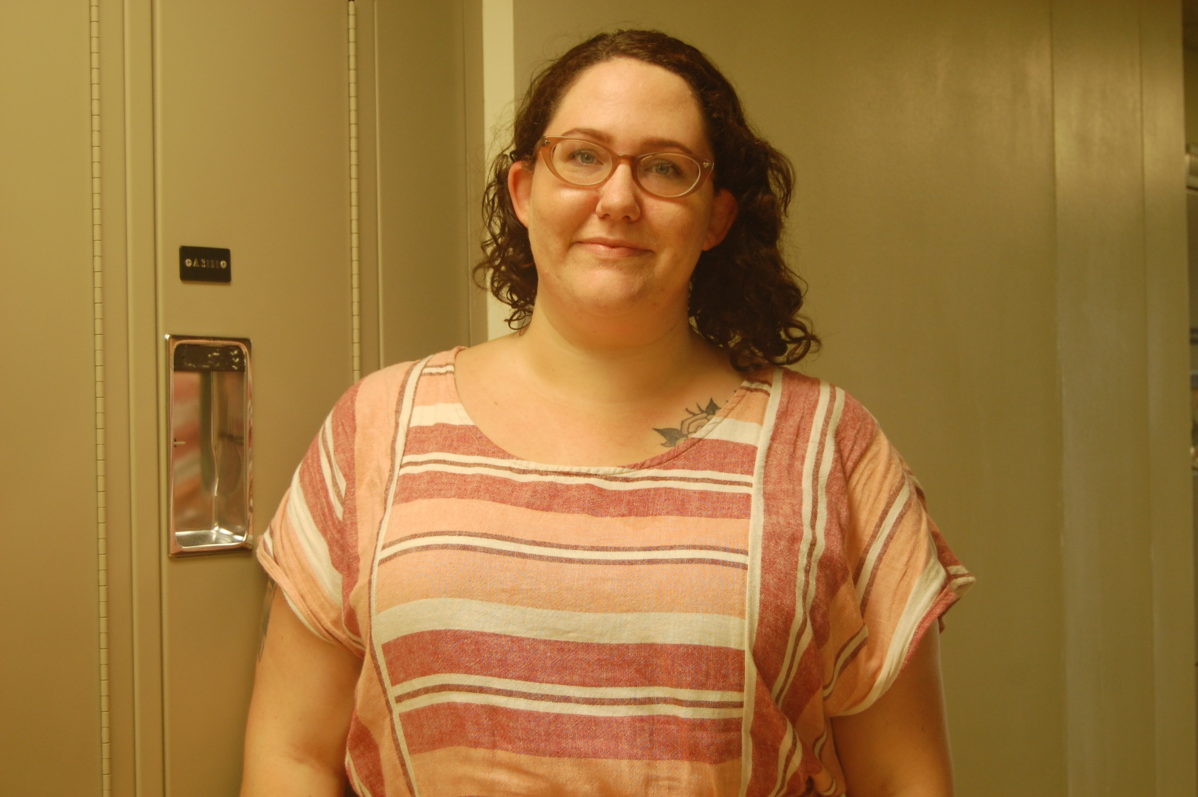Advocacy started in grade 8 for Kayla Harding
Kayla Harding had always known that she was meant to help others.
When she was in grade eight, there was a younger girl in her school who had autism. The school had an educational worker there for her, but when the worker was on break, she had to be supervised. This meant that she had to stay indoors during recess.
“So the little girl had to stay in the principal’s office,” said Harding. “I was so upset. I asked the principal if I could go out for recess with her.”
Now, as a third-year student in the community worker program at George Brown, Harding has just finished her placement with Hospice Toronto’s Creating Caring Communities (CCC) program. The program helps provide volunteer-based hospice palliative care for those in need.
With the added challenge of being in one of the most culturally diverse neighbourhoods in Toronto, St. James Town, the placement presented unique challenges for Harding.
According to 2011 census numbers, St. James Town more visible minorities than the rest of Toronto, as well as a larger than average percentage of non-official languages spoken. Tagalog, Tamil and Mandarin are the most widely used non-official languages used at home.
“It’s a partnership, it’s not we’re coming in to ‘save you,’” Harding explained. “(St. James Town) is one of the most diverse blocks in Canada and a lot of the residents are marginalized. They may not speak English, they may be senior or newly immigrated to Canada. We had to communicate safety concerns in an accessible way and acknowledge the strength of the community.”
Working as an assistant in the CCC office, Harding was responsible for creating a resource booklet cataloging the various programs and services available to residents in the community. Alongside her supervisor Minara Begum, herself an alumnus of George Brown College, Harding helped manage volunteers as well as conducting first-hand community outreach during her time with Hospice Toronto.
“While it may have been easier to do my placement in a community familiar to me, I think it’s very important for any student, especially a student in social services, to be aware of different communities around them, and to not just assume what they need,” said Harding.
Hospice Toronto is a non-profit in-home hospice and palliative care program. Active since 1988, the organization aims to provide support for those with life threatening illnesses. Volunteers trained by Hospice Toronto work in four-hour shifts. After being matched with a client, they provide social and emotional support to the person in need.
According the organization’s 2014-15 report, Hospice Toronto provided care and support for 1,087 people. The organization also said it had a team of 331 volunteers during the 2014-2015 fiscal year.
“You may not be able to add days to life,” said Patricia Ismaili, community outreach coordinator with Hospice Toronto. “But you can add life to days. And our goal is to make sure people aren’t alone, and that people are supported.”
Hospice Toronto is currently recruiting for their various programs, including in-home hospice, home-help, and complementary therapy. Training begins in October and info sessions will be held on Sept. 26, as well as Oct. 5 and 20 at 55 Eglinton Ave. East.


